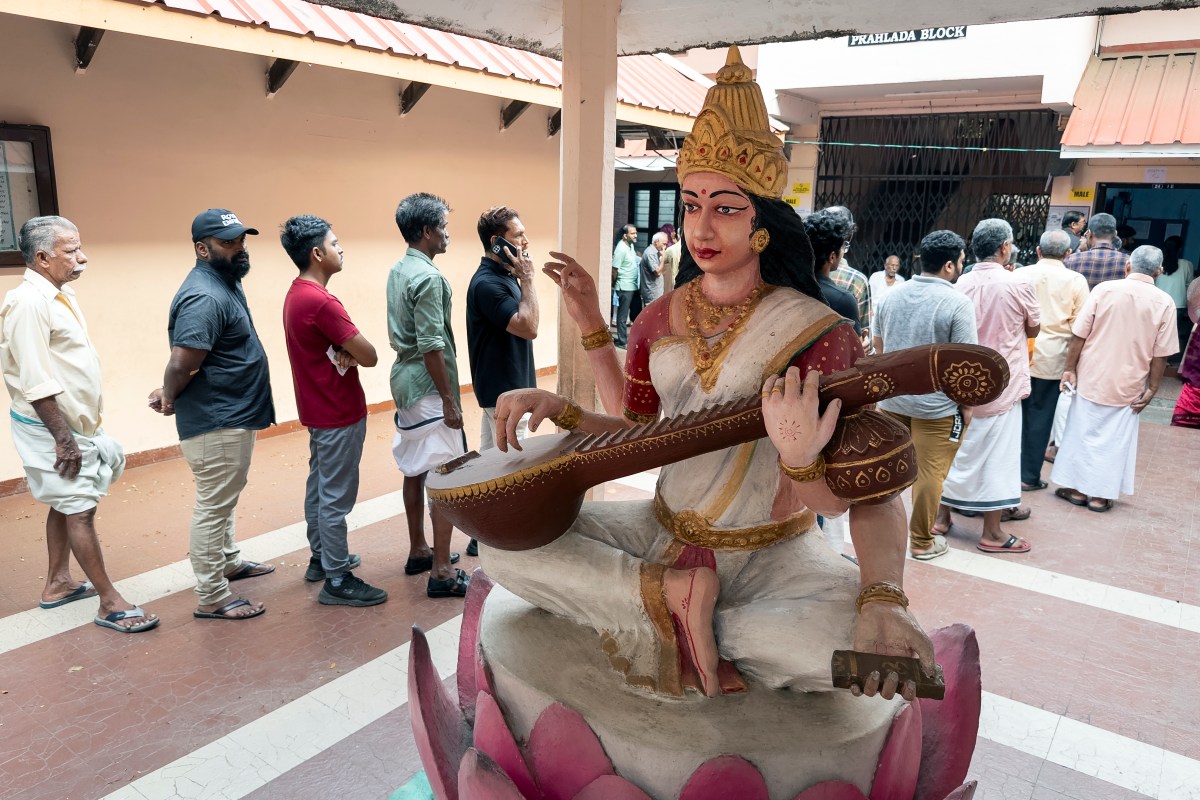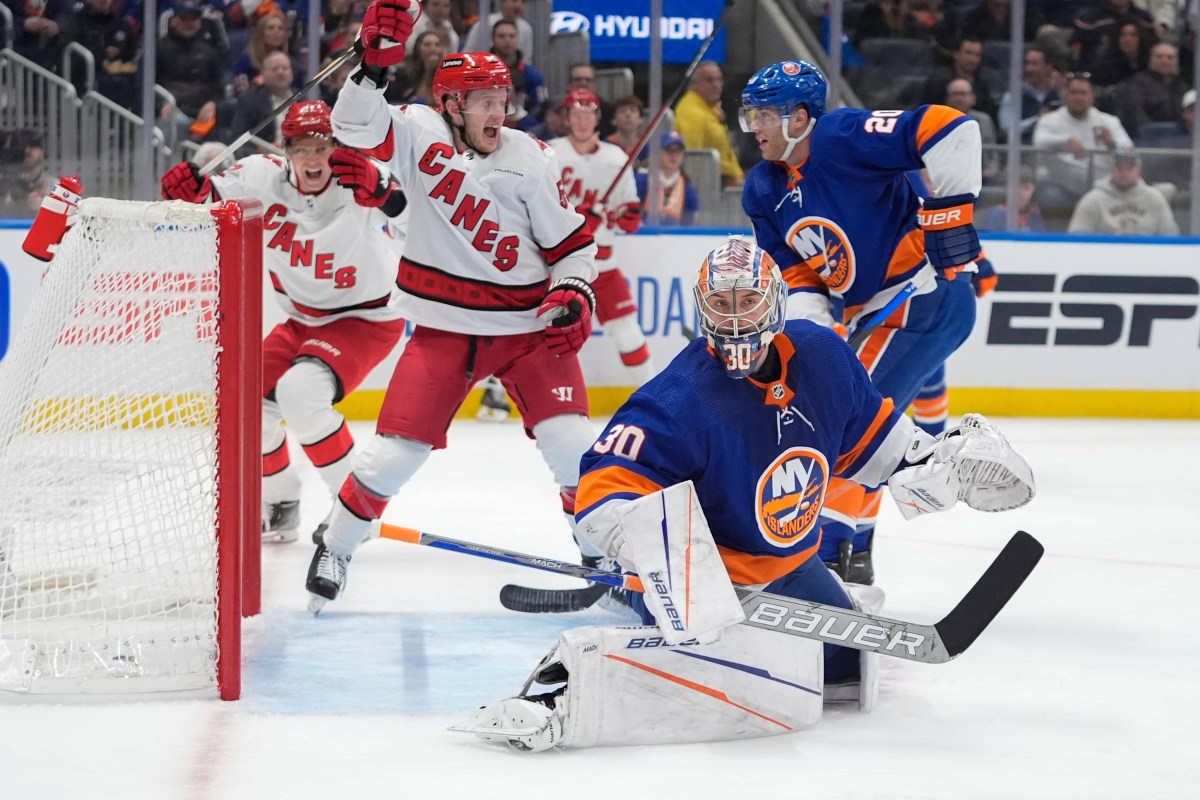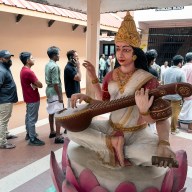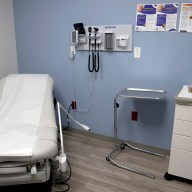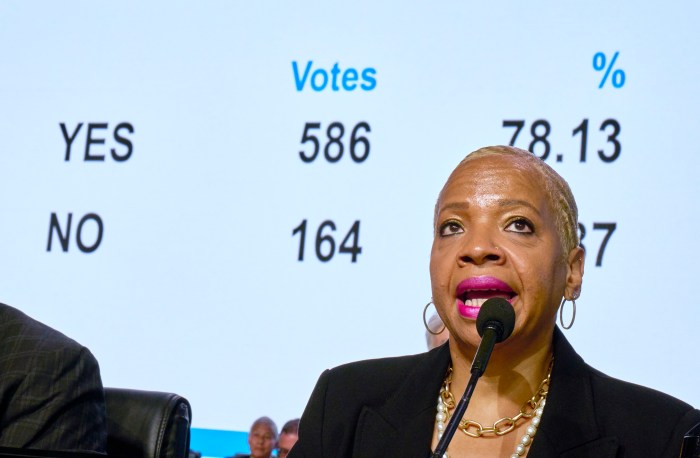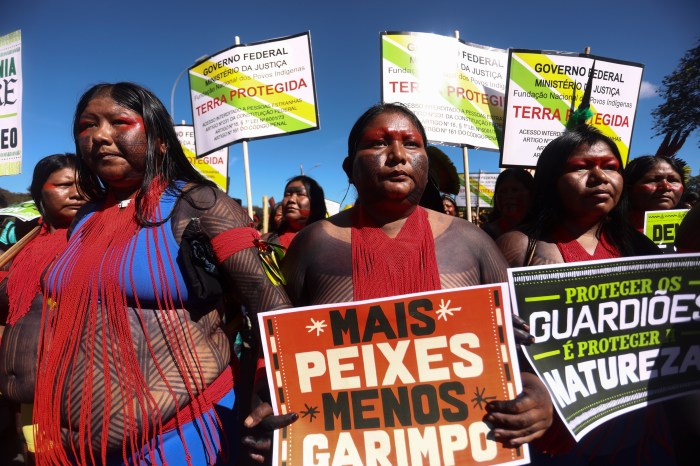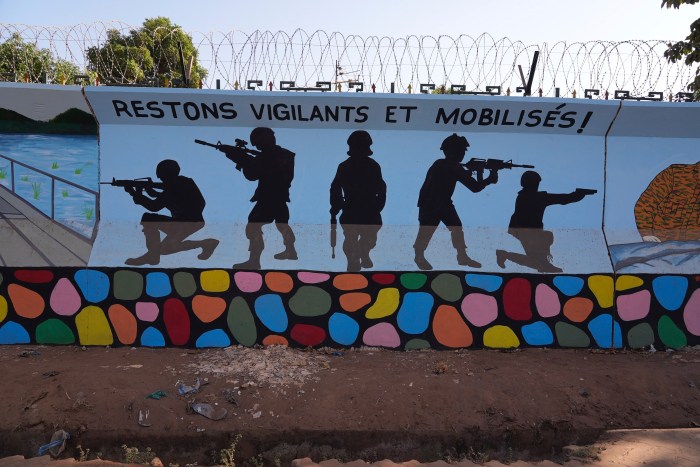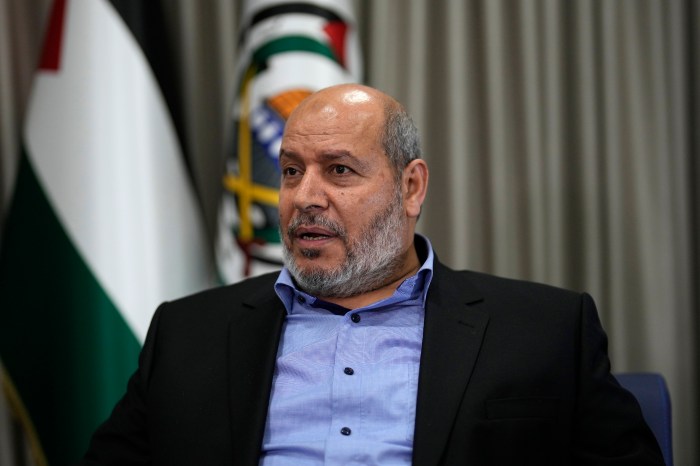NEW DELHI (AP) — Millions of Indians began voting Friday in the second round of multi-phase national elections as polarization grows with Prime Minister Narendra Modi whipping up an assertive brand of Hindu nationalist politics in his campaign.
People lined up outside polling stations as voting opened at 7 a.m. The turnout was expected to pick up as the day progresses.
The outcome of Friday’s voting across 88 constituencies in 13 states with 160 million voters will be crucial for Modi’s Hindu nationalist Bharatiya Janata Party as it includes some of its strongholds in states like Rajasthan, Madhya Pradesh, Uttar Pradesh and Maharashtra.
Most polls predict a win for Modi and the BJP, which is up against a broad opposition alliance led by the Indian National Congress and powerful regional parties.
Congress party leader Rahul Gandhi is contesting from Wayanad constituency in southern Kerala state for a second time after he was defeated in 2019 elections by Smriti Irani, a BJP leader, in the northern Indian city of Amethi — a traditional stronghold for the Nehru-Gandhi family.
Other key leaders in the second phase of voting include Shashi Tharoor of the Congress party and BJP’s popular Bollywood star Hema Malini and actor Arun Govil, who had played the role of Hindu’s most revered Lord Ram in a 1987 television adaptation of the ancient epic Ramayana.
The BJP already won one parliamentary seat from Surat in Gujarat state, where the Congress party candidate was disqualified Monday. Election officials said they found discrepancies in the signatures on the nomination and other candidates pulled out of the contest, leaving the BJP nominee as the winner.
Nearly 970 million voters — more than 10% of the world’s population — will elect 543 members to the lower house of Parliament for five years during the staggered election that runs until June 1. The votes will be counted on June 4. There are a total of 28 states in India.
The turnout of the first phase of polling on April 19 was estimated around 62% of 166.3 million eligible voters.
By comparison, India’s 2019 national election registered the highest-ever voter turnout — 67.11% — in the history of Indian parliamentary elections. The turnout is expected to increase for five more rounds of voting.
The voters’ apathy has surprised some political analysts, but they say that the BJP remains a front-runner.
“You could argue that the listlessness is a consequence of a foregone conclusion,” said Pratap Bhanu Mehta, an Indian academician.
“But for Modi’s party which is expecting to win 400 of the 543 seats the joyous surge is missing,” he said in an article in the Indian Express daily.
Modi stirred a huge controversy over the weekend when he said that the Congress party, if voted to power, would distribute the country’s wealth among “infiltrators” and “those who have more children,” in an apparent reference to the Muslim community.
Hindus comprise 80% of India’s 1.4 billion people, Muslims 14% and Christians and Sikhs 2% each.
The Congress party leaders met with election officials and urged them to investigate whether Modi’s comments violated the body’s code of conduct that bars politicians from appealing to voters based on caste and religious feelings.
The BJP also filed a complaint against Congress party leader Gandhi. It accused Gandhi of falsely asserting an increase in poverty in the nation and driving a wedge between the North and South of India based on language and region, aiming to disrupt the electoral environment.
The election authority recognized the complaints on Thursday and asked the presidents of the two parties to file their responses by Monday. The authority is expected to give its ruling next week.
Critics of the prime minister — an avowed Hindu nationalist — say India’s tradition of diversity and secularism has come under attack since his Bharatiya Janata Party won power a decade ago. They accuse the party of fostering religious intolerance and sometimes even violence. The party denies the accusation and says its policies benefit all Indians.

